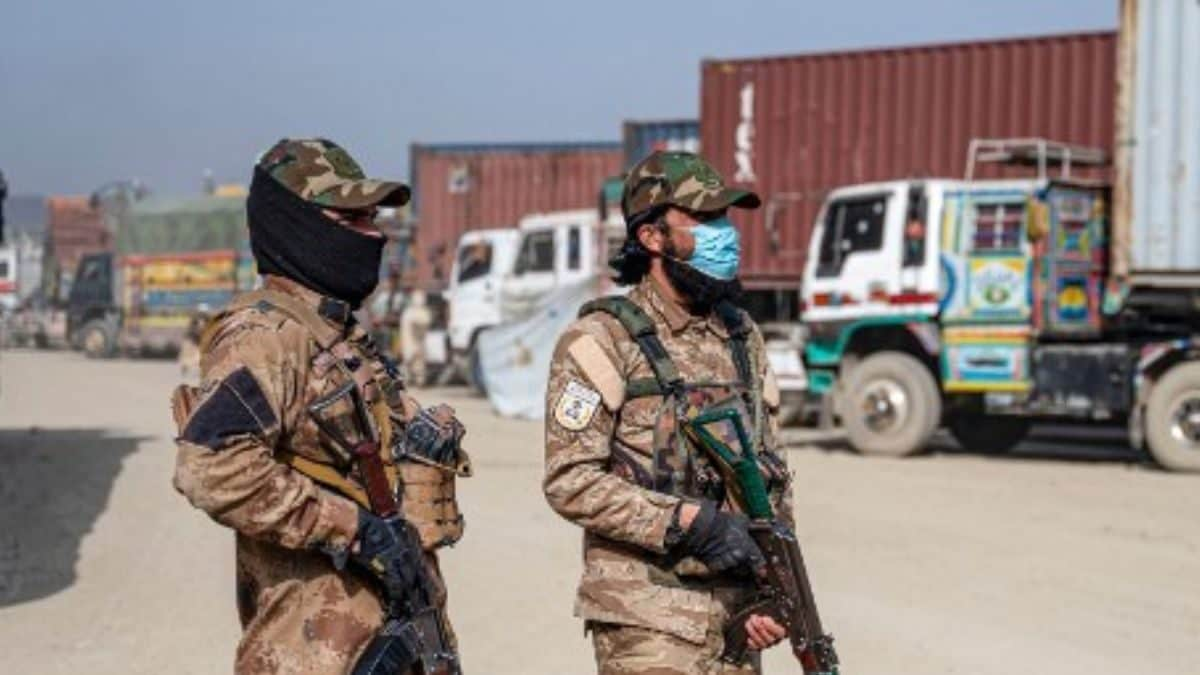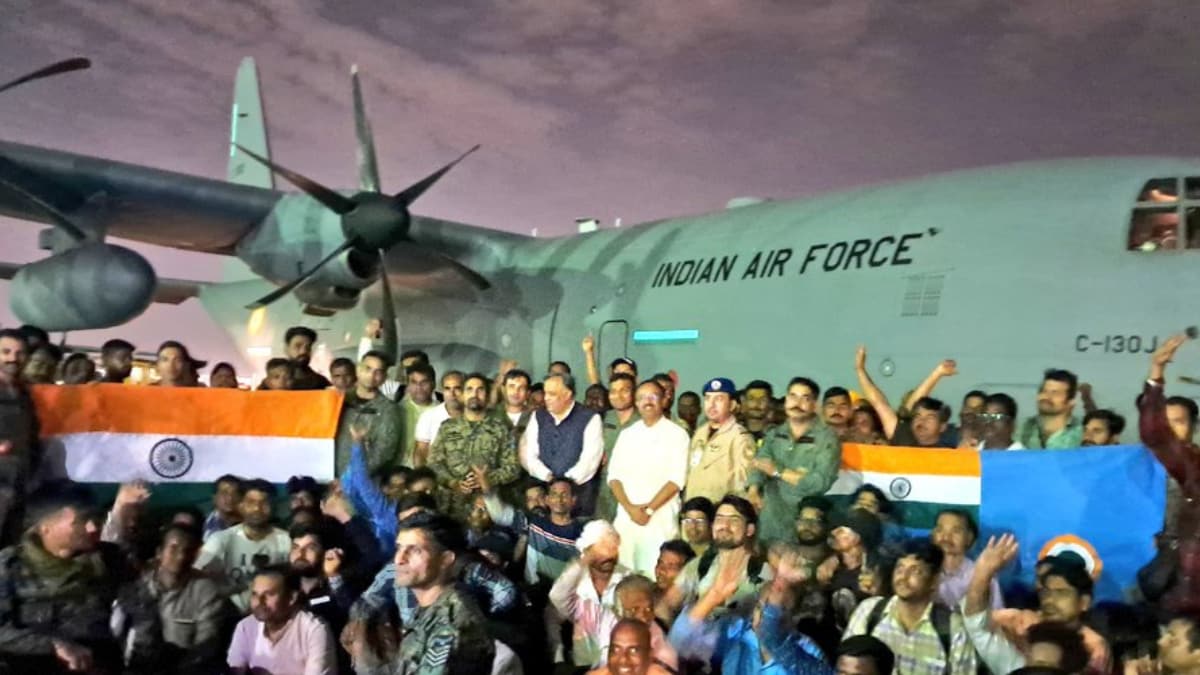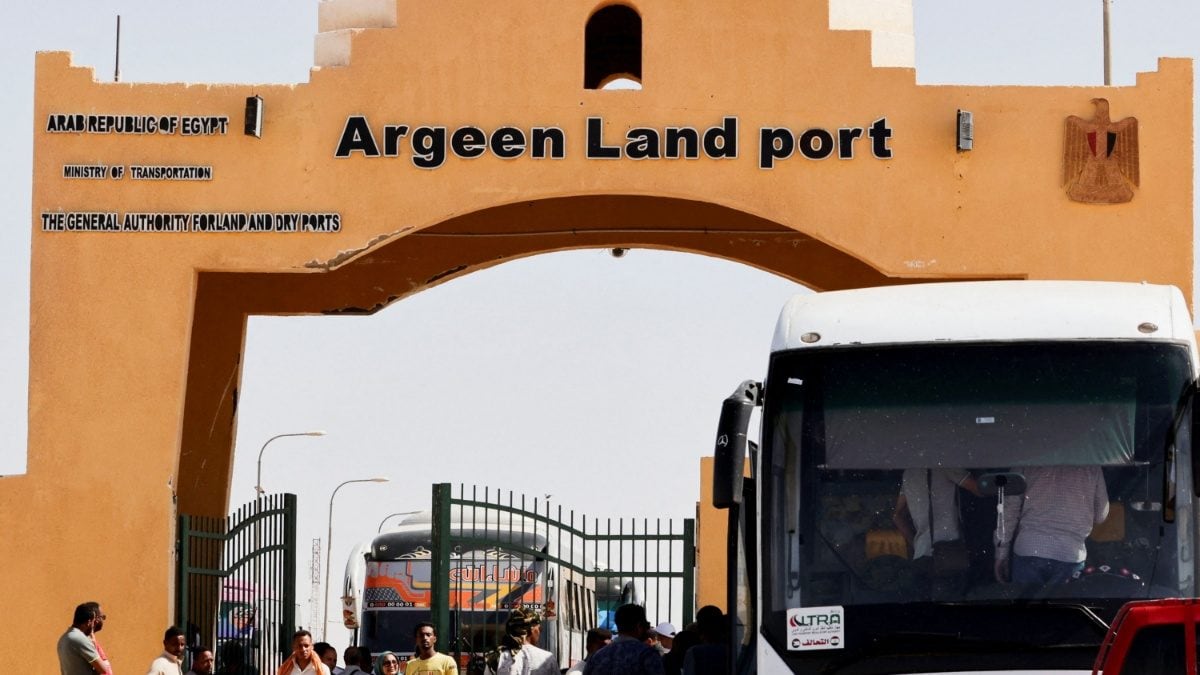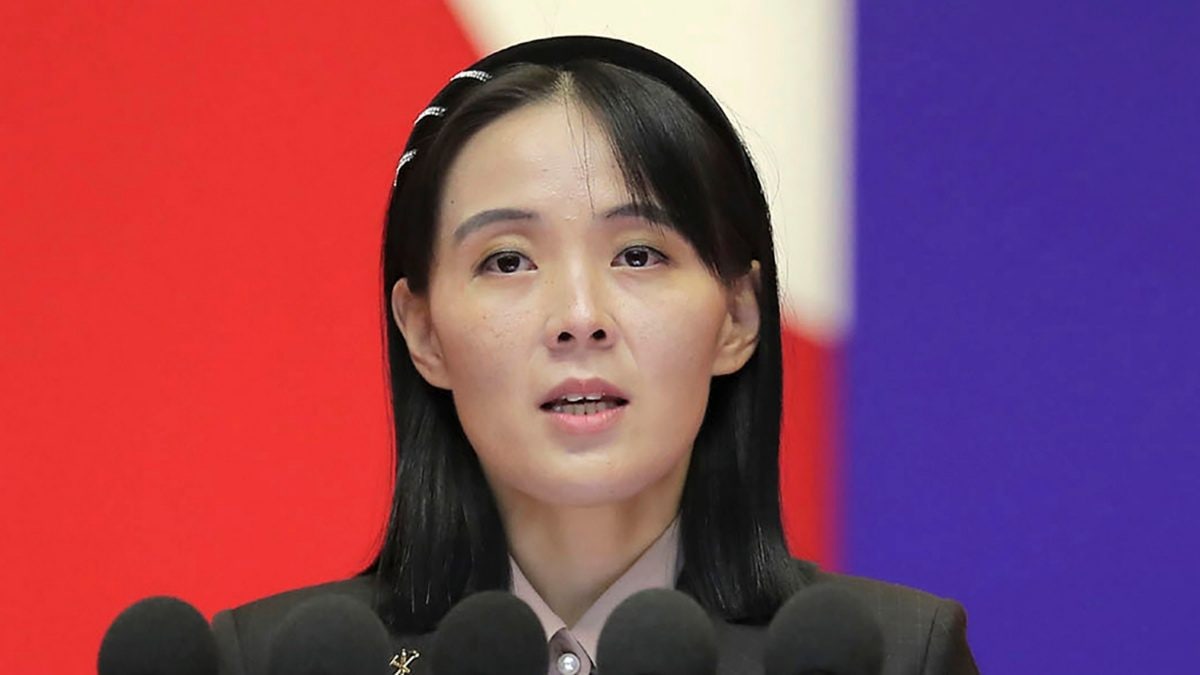UN chief Antonio Guterres will convene international envoys at a secret location in Doha on Monday in an increasingly desperate bid to find ways to sway Afghanistan’s Taliban leadership.
Deemed the world’s biggest humanitarian crisis by the United Nations, Guterres’ dilemma has been compounded by the Taliban administration’s decision to keep girls out of school and most women out of work, even for United Nations agencies.
The Taliban government, which regained power in August 2021, will be absent from talks with representatives of around 25 countries and international organizations, diplomats say.
Ahead of the talks, a small group of women staged a protest in Kabul on Saturday to oppose any international recognition of the Taliban government. But the UN and Western powers are adamant this will not be discussed.
“Any form of recognition of the Taliban is completely irrelevant,” US State Department spokesman Vedant Patel said.
Besides confirming that Taliban leaders are not on the list of participants, the UN declined to provide details, including location in Qatar’s capital or who will join Guterres.
Taliban Deputy Minister for Refugees Mohammad Arsala Kharoti said on Sunday that “such meetings will have no results”.
“Until they establish proper relations with the emirate (the Taliban-ruled Afghanistan) and no representation from the emirate is present, these meetings will not be fruitful to a great extent,” he told AFP at Kabul airport.
In Doha, the UN secretary-general is also due to give an update on the review of the world body’s critical relief operation in Afghanistan, ordered in April after the authorities prevented Afghan women from working with the UN agencies, diplomats said.
The UN said it faced a “dreadful choice” over whether or not to keep its huge operation in the country of 38 million people.
Torn by the war in Ukraine and other global tensions, the powers of the UN Security Council united on Thursday to condemn restrictions on Afghan women and girls and urge all countries to seek ‘an urgent reversal’ politics.
The Afghan Foreign Ministry rejected the appeal and said the ban “is an internal social issue of Afghanistan”.
– UN ‘in a trap’ –
Richard Gowan, UN expert for the International Crisis Group, an independent NGO, said the UN was “trapped in Afghanistan”.
“Guterres has to untangle a very complicated knot. He needs to find a way to keep aid flowing to Afghanistan, but the Taliban’s ban on women is a blow to the UN’s ability to operate in the country.”
Gowan said the international community wants the UN to maintain its essential presence.
“There are a lot of differences between the members of the Security Council on Afghanistan. But everyone, including Russia and China, agrees that it is better to have the UN in Kabul than not.”
The United Nations gave little indication of what proposals might be made at the meeting.
UN spokesman Stephane Dujarric said on Friday the goal “is to reinvigorate international engagement around common goals for a sustainable path to Afghanistan.”
The global body also wants “unity or community of message” on women’s rights and human rights, the fight against terrorism and drug trafficking.
“Recognition is not a problem,” insisted Dujarric. Whether the Taliban government will occupy Afghanistan’s seat at the UN is up to the UN General Assembly to decide.
But the UN and other groups have had increasingly intense discussions about how to engage with Taliban authorities and possibly offer incentives for change.
The US envoy to Afghanistan, Thomas West, has traveled across West Asia in recent weeks to meet with different governments and groups.
Last year, the United States transferred $3.5 billion in seized Afghan assets to a Swiss-based fund to pay for relief and imports that are not controlled by Taliban authorities.
Suggestions have been made for the US administration to consider easing the sanctions.
“Even if we prefer to see regime change in Afghanistan, for the foreseeable future a reasonably stable and sufficiently capable Taliban government is needed to help facilitate humanitarian programs, neutralize the ISKP (Islamic State) and prevent the collapse of the state and the civil war,” Washington said. the Middle East Institute think tank said in a report last week.
Read all the latest news here
(This story has not been edited by News18 staff and is published from a syndicated news agency feed)











